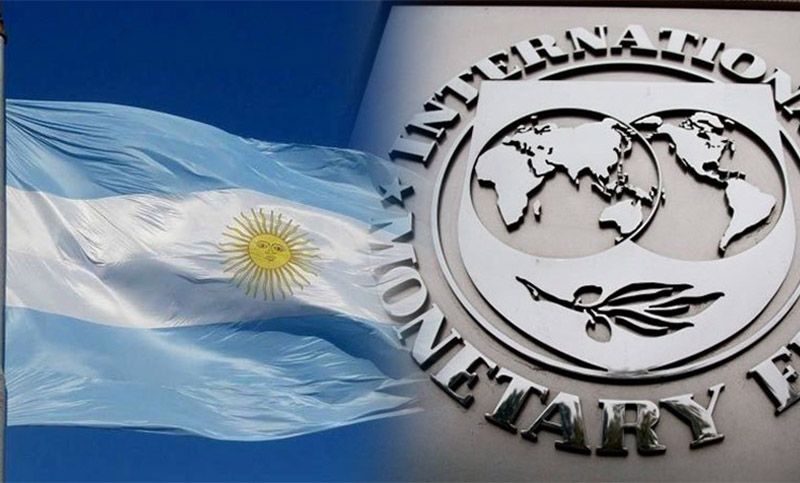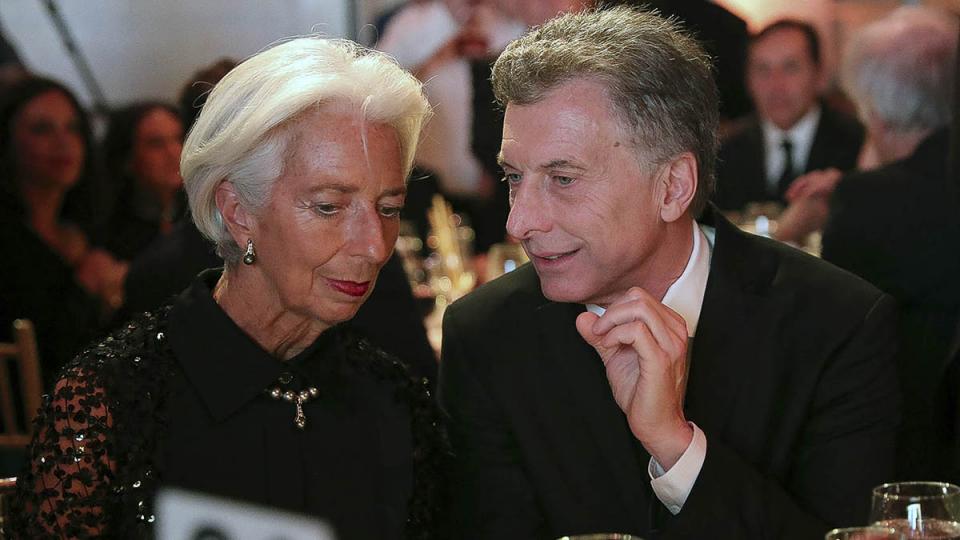
Argentina is facing once again a complex economic scenario in its modern history added to the COVID-19 pandemic economic consequences. Now, the country has to restructure its more than $44 billion debt with the International Monetary Fund that was taken during the first half of 2018 when Mauricio Macri was still in office.
Economic problems are not surprising in the land of meat and great wine. In fact, over the course of 40 years, Argentina has been struggling with high inflation, fiscal deficit, currency controls, and poverty and it seems that the recipes to avoid these problems are being repeated over and over again expecting different results. This has not been the case.
I myself have been living in this great land over the past eight years now and I can say by first hand that it is not an easy country to live in. Imagine yourself living in a place where your real salary decreases in a way that is so fast, that you don’t even have time to make up with a plan in order to not lose the value of your work.
I can share personally that when I got my first job as an intern elaborating and analyzing economic reports, my salary in US dollars was approximately 500 USD, paid in Argentine pesos of course. When I quit this job I ended up earning less than 300 USD, all in less than a year. That’s crazy, right?. Cryptocurrencies could’ve been a good choice to protect me against this context.
I guess I regret not buying USD at that moment since Argentines have a crazy dollar fever. In fact, 10% of the global USD monetary base is here in Argentina, so you start to wonder, why is the country always having liquidity issues and is on the edge of a constant economic crisis?. Maybe is more of a trust problem than anything else.
In mid-2018, Argentina faced a sudden stop in its balance of payments related to the fact that the government was spending more than its incomes and investors did not trust the country to apply a much more aggressive adjustment in public accounts as the gross external debt continued to grow. That being said, President Macri reached out to the IMF to request a loan of $44 billion to calm the markets and to assure that the economic plan will continue accorded as planned.

Former President Macri and the head of the IMF at that moment, Christine Lagarde.
The opposite happened. Trust broke and the reaction of the investors was to take resources out of Argentina to countries that were more secure (more specifically US Treasury Bonds), causing the Argentine peso to plumber with no sign of recovery in the short and mid-term. This caused inflation to rise and the vulnerable social sectors were the most affected by it.
Elections were held in 2019 and the economic context caused Macri to lose the elections, making way for Peronist candidate Alberto Fernandez to become President along with Cristina Fernandez de Kirchner as Vice-President, two people not too strange in the argentine political scenario.
Now the situation is completely different from when Cristina and the Peronist Party were in office before 2015. The COVID-19 pandemic has hit and hurt the already wounded economy. Added to this, the Fernandez-Fernandez administration along with Martin Guzman, the Economy Minister, has to renegotiate the IMF loan taking into consideration that the country cannot pay its obligations with the context as it is.
The pandemic continued and government corruption hit once more along with events such as VIP public officers vaccination centers and one of the world’s largest lockdown. Society had enough and in the mid-term elections in 2021, Fernandez lost control of the congress and now has to take other political sectors into consideration when making important decisions such as the external debt payment.
Argentina has to close a new agreement with the IMF as soon as possible, in order to not fall into default once more. But things are getting more complicated as time goes by as the country has to pay $3.5 billion in march of 2022 and it seems that that money is nowhere to be found added to the fact that the Central Bank’s international reserves continue to fall in an attempt to not devalue the Argentine peso.
The IMF demands that a fiscal adjustment program has to be applied in order to balance public accounts and reduce the country’s need for financing with monetary issue and external debt. However, this is not an easy task as poverty and unemployment continue to rise. The political cost for the government will be too high and authorities are not willing to take that risk, at least not for now.
So, what is the answer to this crossroad?
First of all, the government has to make agreements with other political sectors in order to show unity with the opposition and also have a credible economic plan to show commitment and seriousness. Build a strong institutional framework to attract investors to bet on Argentina once more and rebuild the lost trust which is the most important factor along with removing the currency exchange controls so that the AR$/USD parity remains as only one.
There’s no doubt that Argentina is facing one of its most complex scenarios in the country’s recent history. Now, is the government willing to negotiate? What would be the price to pay to solve this problem? I guess we would have to wait and see how Martin Guzman and the Fernandez administration solve this mess.